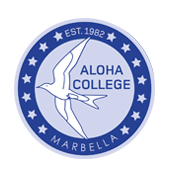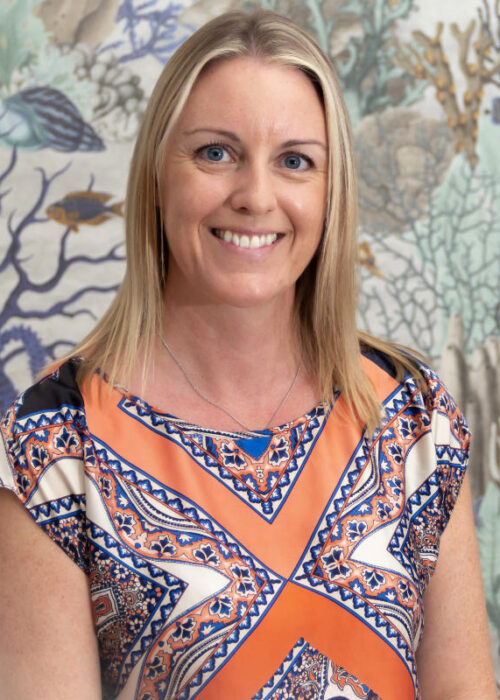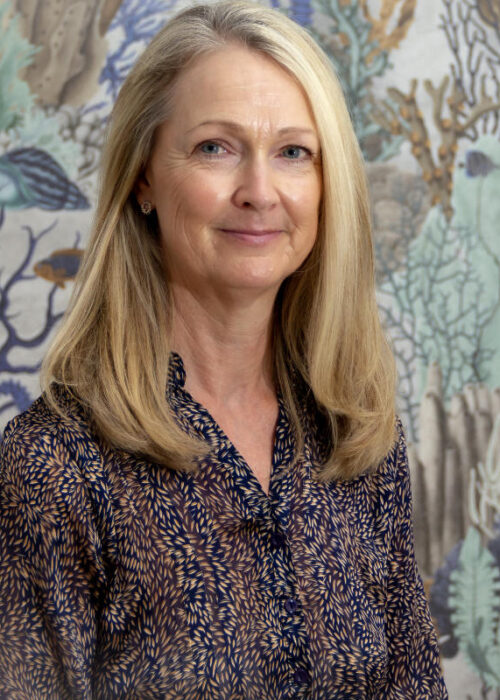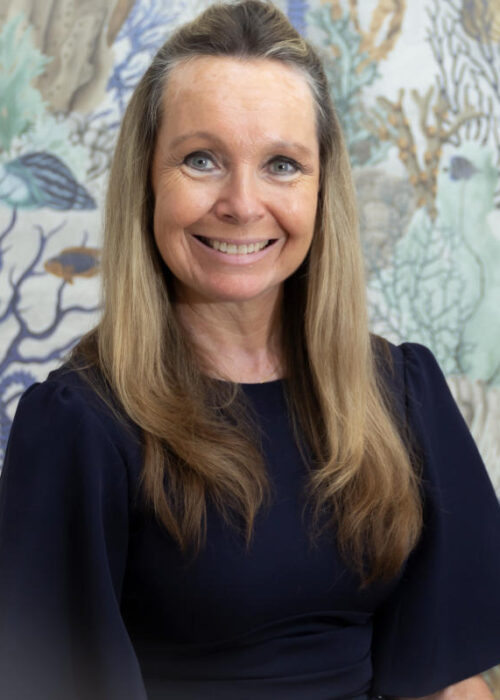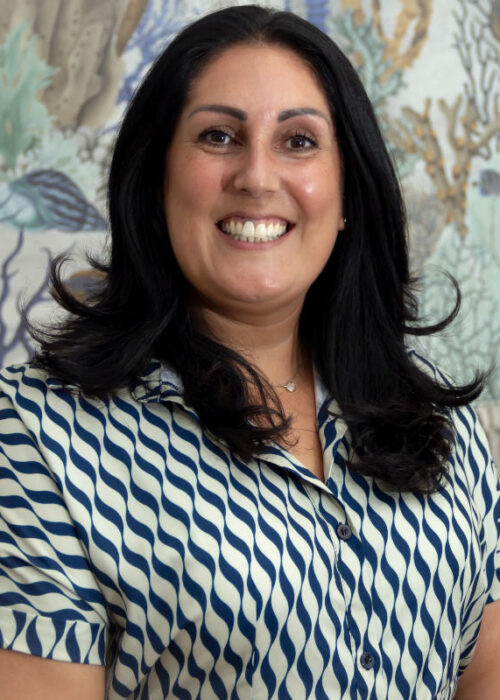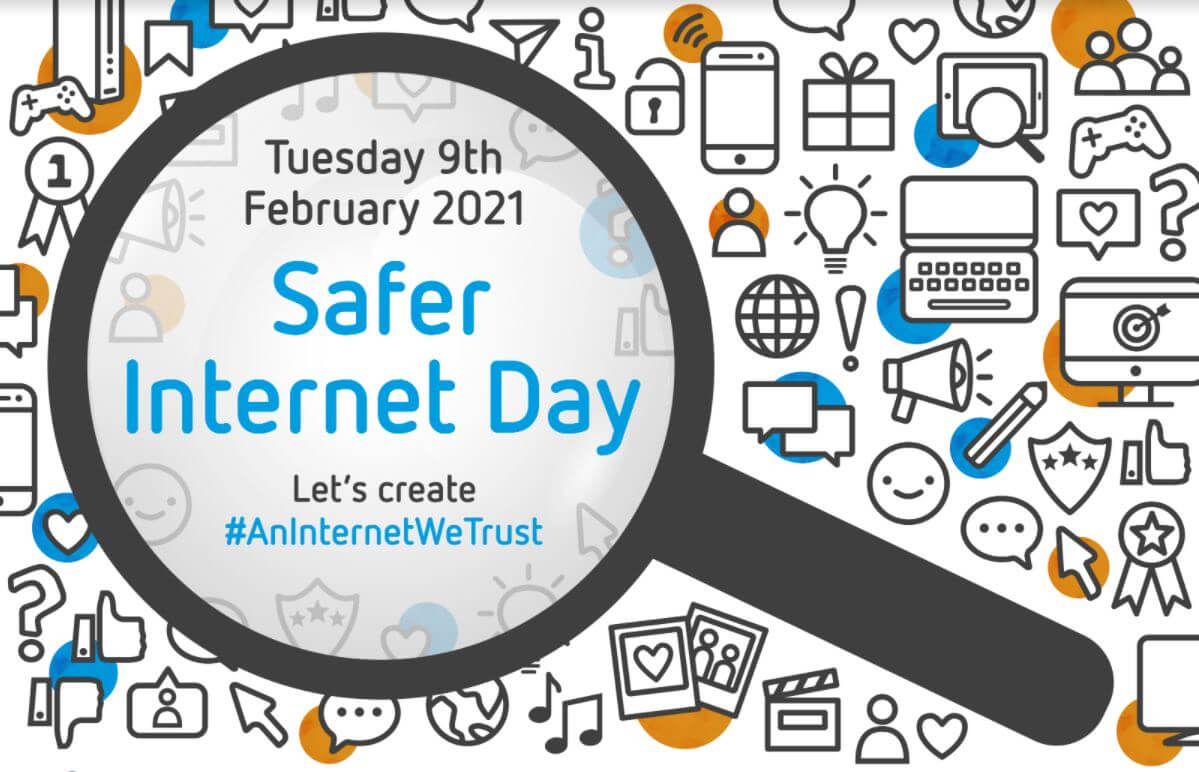
Safer Internet Day is celebrated across the globe in over 170 countries. It’s important that we celebrate all the great things about being online and remind ourselves how we can stay safe. This week at Aloha College Marbella, we will work with our pupils towards a better understanding of what to trust online, and how we can support young people to question, challenge and change the online world, using the theme ‘An internet we trust: Exploring reliability in the online world.’
This week is a chance for our school to join a wider conversation with others around the globe, whether that’s by showcasing positive uses of the internet, or starting discussions about the role of technology and trust in the lives of young people.
There are different programs divided into age ranges:
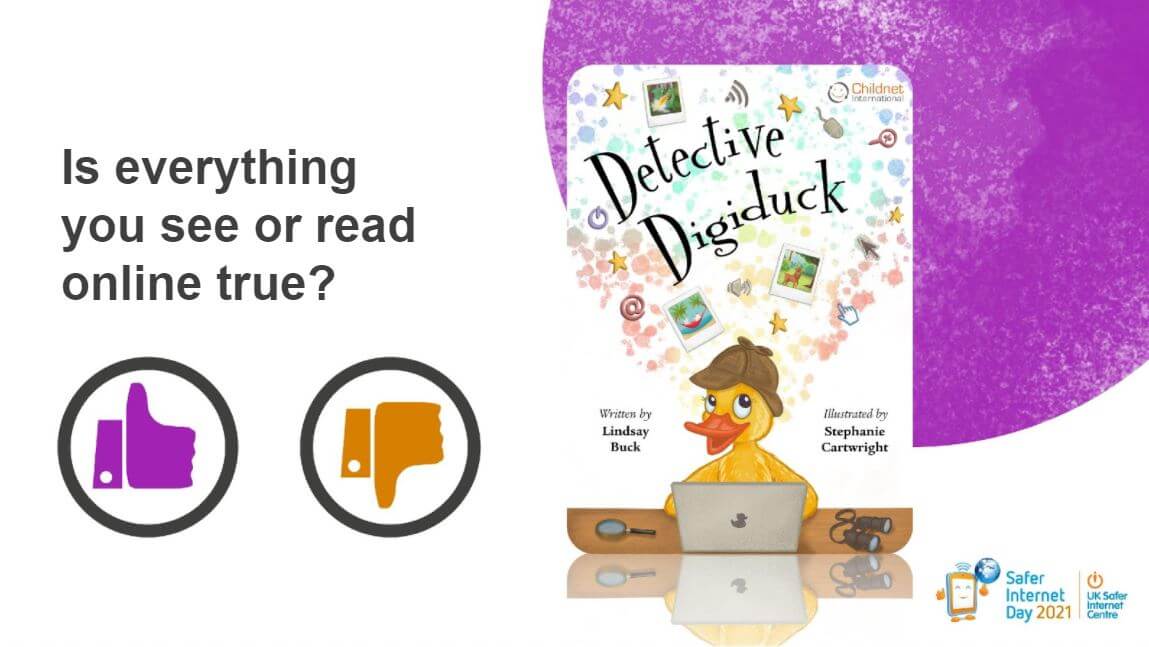
Lesson aim ages 3-7 – Learners will understand that the internet can be used to find out information, and that because not everything online is ‘fact,’ this information should be checked in a variety of ways to make sure it can be trusted. Learners will also think about the adults they can ask for help when they are not sure if something online is trustworthy.
Lesson outcomes, learners will be able to:
- Use the internet to find things out.
- Identify devices they could use to access information online, including voice activated technology.
- Explain the difference between things that are fact / untrue / opinion.
- State that not all information online is a fact, and therefore might not be trustworthy.
- Identify ways to check that what they have found out online is fact/untrue/opinion.
- Describe and demonstrate how to get help if they find content that makes them feel upset, confused or worried.
- Describe the people they can trust and share their personal information with; and who they should not share personal information with, and why.
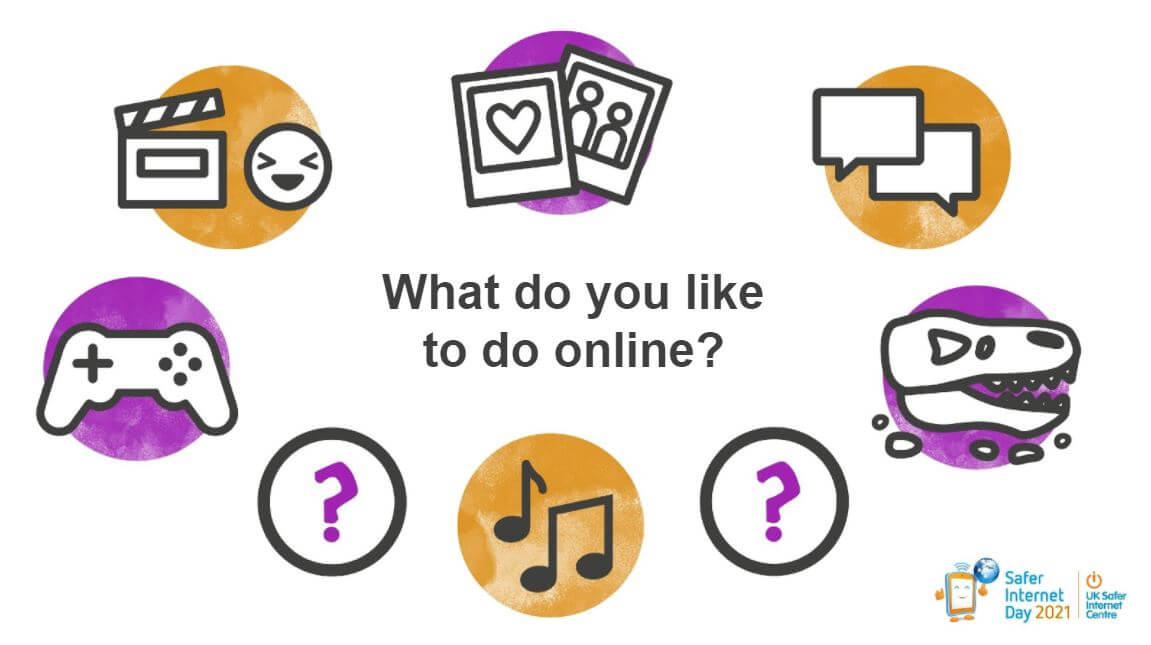
Lesson aim ages 7-11 – Learners will use and develop their critical thinking skills to question the motives behind what they see. By focusing first on commercial influences (e.g. advertising) it will help them explore trust online and challenge their personal responses when engaging with the wider digital world.
Lesson outcomes, learners will be able to:
- Describe and recognise some methods used to encourage people to buy things online.
- Give examples of when and why it is important to understand the motive behind online content.
- Use questions to help decide what can and cannot be trusted online.
Lesson aim ages 11-14 – Learners will be able to identify how and why some information online can be unreliable, evaluate the impact this can have on their own thoughts and feelings, and propose solutions for how they can both find and contribute trustworthy content online.
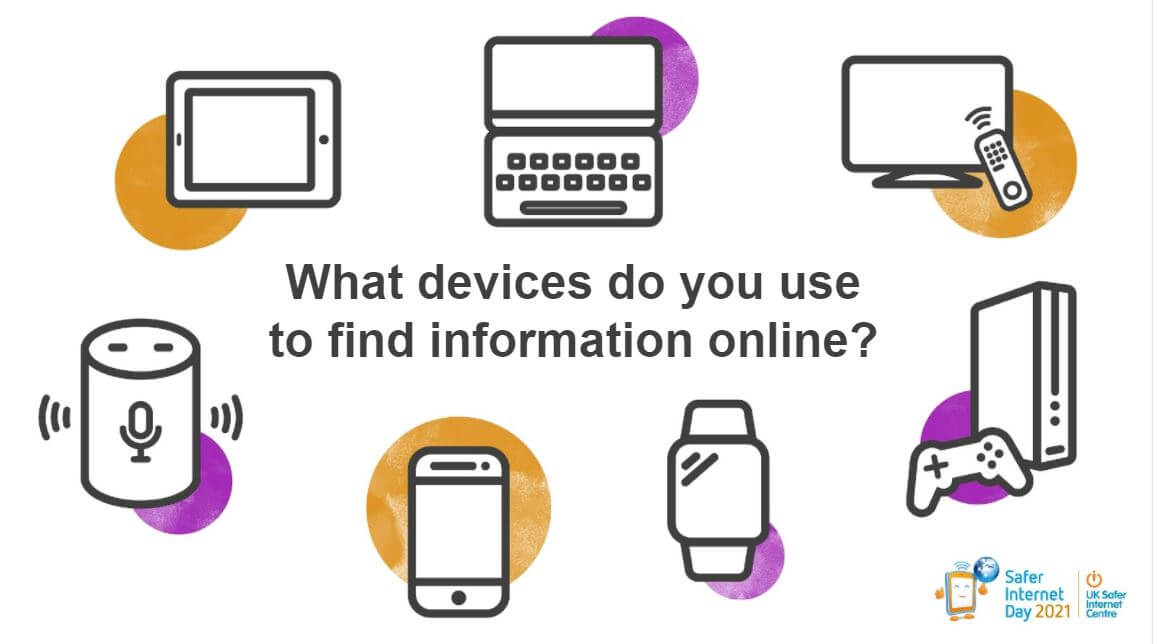
More information for pupils aged 14-18: fake news, influencers, digital advertising and more.
Although Year 10 pupils already learnt how to identify fake news in December and how it might negatively affect people. We want all our students to be more confident in assessing the reliability of any online news source that they encounter. They will finish the lesson being able to express their overall opinion on fake news’ negative impacts, and how they can take positive action.
We want them to understand what an influencer is and how to identify ‘paid for’ content that influencers share online. They will explore the potential pros and cons of this form of advertising.
Finally, our children will understand what ‘targeted advertising’ is and consider their own experiences of it online. They will critically assess how online advertising uses information about our identities to target us.
